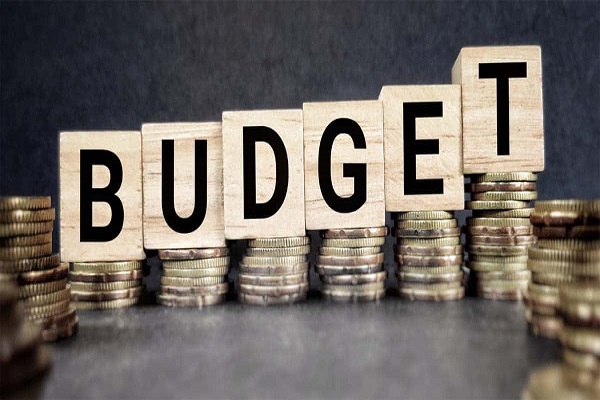WITH the price of crude oil hovering around $68 per barrel, significantly short of the $75 on which Nigeria’s 2025 budget is benchmarked, the Federal Government needed no one to prompt a review of the budget. But that is precisely what the International Monetary Fund (IMF) did in its latest Article IV consultation report issued about a week ago. Based on the mismatch between the budget projection of $75 per barrel and two million barrels daily production vis a vis the prevailing market price and actual daily production of 1.7 to 1.8 million barrels, the outlook is not good for the country in the 2025 budget, the IMF warned.
The situation was created by what the World Bank called “overly ambitious” and, for us, inordinately ambitious projection by the Federal Government over budget 2025. In this uninformed call, the executive branch is not alone. On December 18, 2024, President Bola Tinubu had presented N49, 74 trillion as the budget for 2025 before the joint sitting of the Senate and House of Representatives. However, on February 5, he asked the National Assembly to raise the budget by N4.53 trillion. However, the federal lawmakers passed N54.99 trillion as the 2025 budget, further increasing the budget estimate by N719.52 billion.
The IMF report cautions that this points to a significant risk of Nigeria exceeding its fiscal deficit projections for the year, driven by a combination of falling oil prices, lower production levels and challenges in capital expenditure execution. Ironically, the outbreak of hostilities between Israel and Iran had briefly elicited hope that the $75 benchmark may be turn out to be a positive outlook.
From the fact, the protagonists in the Middle East pulled back from the brink of a prolonged shooting war, the IMF cautions starkly that Nigeria’s fiscal deficit could reach 4.7 percent of its Gross Domestic Product in 2025, significantly higher than the budgeted target. To stave off a major shock on the 2025 budget, the global financial body recommends that Nigeria take “immediate action to recalibrate the country’s fiscal policies and budget expectations to reflect the current economic realities.”
Given the peculiar nature of the economy,which still remains almost entirely reliant on crude oil export, the threat to the 2025 budget is clear and present. And coming at a time governance has taken a back stage as the political elites concentrate, albeit regrettably prematurely, on the politics of 2027, the impact could be more devastating. The Federal Government should heed the warning and refrain from taking the easy way of raising funds through further devaluation of the Naira. Although an inconvenient option within political circles, the government should adopt measures to reduce the cost of governance, which is scandalously high.
The Federal Government has so far failed to disclose the savings from the scrapping of petrol subsidy effected from the first day of the administration. But the revelation by the World Bank that savings from fuel subsidies would amount to two percent of 2024 GDP is cheery. That amounts to $9.7454 billion, a princely sum that could save the economy from deep crisis if it is deployed more into productive purposes than the politics of reelection.
An unfortunate budgetary approach by the Federal Government is the undue pressure on the oil industry to generate more funds for spending. We believe there was no basis for the $75 per barrel benchmark and two million barrels per day production target at a time daily production was about 1.7 million barrels. As desirable as higher production is, the fact is the pressure on OPEC+ to increase production is high, especially from President Donald Trump of the United States who wants crude oil prices forced down.
This should be taken into account and tamper the undue optimism in future budgets, beginning with that of 2026. The National Assembly should curb its penchant to jerk up budget estimates without clear economic indices. For now, the challenge is to adjust the 2025 budget to the reality of the global economy.


